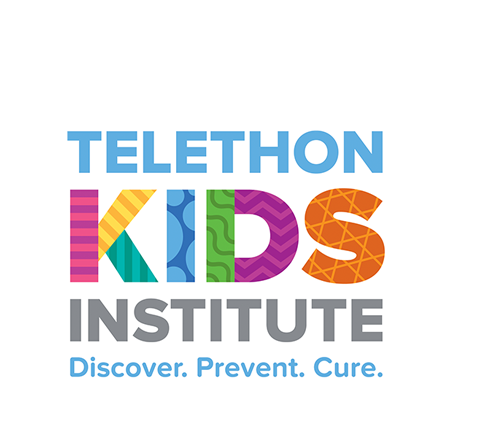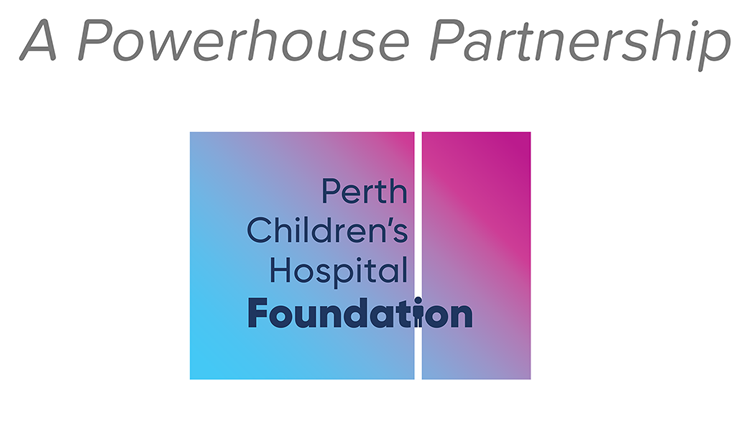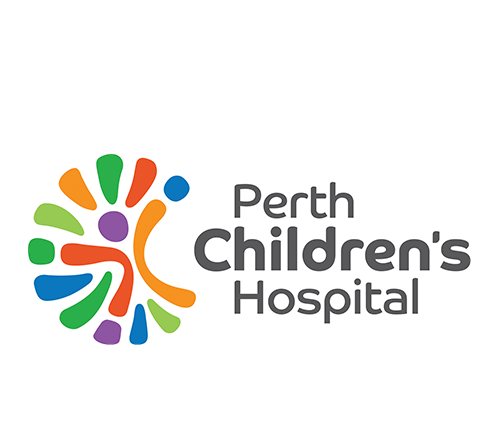Clinical utility of surveillance computed tomography scans in infants with cystic fibrosis
Abstract
Background: In cystic fibrosis (CF), irreversible lung disease arises in early life, and is often asymptomatic and unrecognised. Chest computed tomography (CT) scans have been used to detect asymptomatic lung disease in research; however, the clinical utility of chest CT is unknown. This study aimed to determine the effect of surveillance CT in early life on the clinical management of patients with CF.
Working Hypothesis: Surveillance CT in early life changes the management of patients with CF.
Methods: A medical record review of patients in the AREST-CF cohort who had chest CT at 1 and 3 years of age was performed. Information extracted included CT scan findings and the effect of CT results on clinical management.
Results: The chest CT scans and records of 50 subjects with CF were reviewed. The
majority of CT scans (n = 75; 75%) were abnormal.N = 31 (31%) of scans overall led to a direct change in management. The number of CT scans needed to be performed to lead to a treatment change was 3.2. The majority (n = 18, 58%) of changes in management were prompted by the finding of bronchiectasis.
Conclusion: To the authors knowledge, this is the first study to highlight that early life
surveillance CT frequently results in changes in clinical management, and hence may
have a role beyond research and in routine care. If this can be shown to contribute to
improved outcomes (such as reduced rates of bronchiectasis), then, as radiation doses
diminish, chest CT could have an important clinical role.
Authors: Katy Newbegin, Katie Pilkington, Shivanthan Shanthikumar, Sarath Ranganathan.
Published in Pediatric Pulmonology in June 2018.
Discover. Prevent. Cure.



